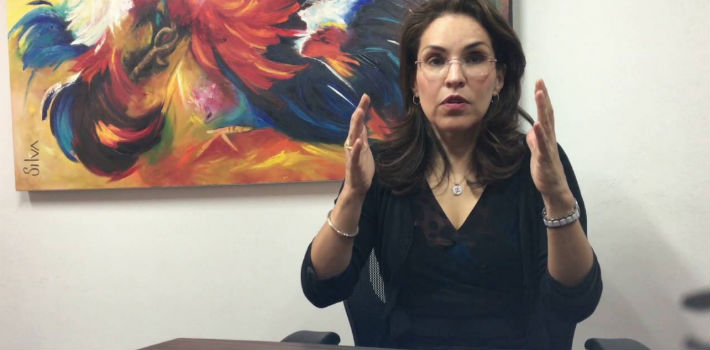EspañolBolivian President Evo Morales will run for reelection in October to press on with his promise of expanding socialist reforms, as announced by the head of the National Electoral Council, Wilma Velasco, on Monday:

“The Movement Towards Socialism Party (MAS) has confirmed President Juan Evo Morales Ayma and Vice-president Álvaro García Linera as candidates for reelection.”
Political parties in Bolivia had until midnight on Monday to fill in their candidacies for the presidential elections.
“Apart from the Movement Towards Socialism Party, there are seven other political organizations interested in the race,” Velasco added.
According to Peru-based market research firm Ipsos Apoyo, Opinión y Mercado, Morales is the clear front-runner, polling at about 44 percent. Cement tycoon and opposition candidate, Samuel Doria Medina, trails with almost 30 percent ahead of the October 12 vote.
To win a presidential election in Bolivia, a candidate needs an absolute majority of the votes, or at least 40 percent with a winning margin of 10 percentage points over the second-place candidate. If neither candidate reaches one of the minimum conditions, the two most popular candidates must run for a second round on December 7.
Doria Medina is no stranger to the campaign trail, having run against Morales in previous presidential elections. He has accused the Morales administration of corruption and claims members of the opposition have been victims of persistent political harassment by the government. Several prominent opponents of Morales, he contends, have been forced into exile.
Morales critics accuse the socialist politician of defying the constitution, which only allows two consecutive terms in office for a president. However, last year the Bolivian Supreme Court made a controversial ruling to uphold a law that dismissed Morales’s first term, since it occurred prior to the revamped constitution.
President Morales, a 54-year-old former coca farmer, became Bolivia’s first indigenous leader in 2006. His popular social and political reforms are promoted as beneficial to the indigenous population. That includes nationalization of key industries, including the hydrocarbon and utilities sectors.
Source: Reuters.
 Versión Español
Versión Español












